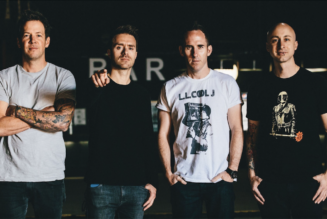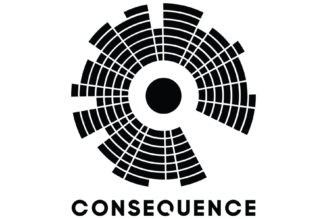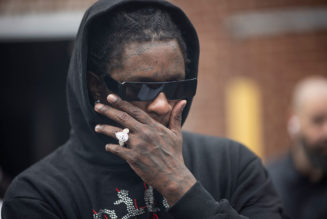
The British-Japanese singer Rina Sawayama released her debut album, Sawayama, in April. The LP, which had been in the works since 2019, is a collection of gritty electro-metal tracks polished with lyrics that dissects the concept of family — both blood and chosen — to cathartic ends. And with its release, which garnered high praise from critics and fellow artists alike (Elton John called it “the strongest album of the year”), Sawayama had one goal: “I want to win a Mercury Award,” she told her label, Dirty Hit, per Vice.
The Hyundai Mercury Prize, formerly known as the Mercury Prize, is an annual award given to the best British or Irish album of the year. Past winners have included Arctic Monkeys, James Blake, PJ Harvey, and Portishead, and this year’s shortlist, which included Charli XCX and Dua Lipa, was hailed for spotlighting albums by female musicians, a historic win for an industry still largely dominated by men despite shifting norms. Sawayama, however, was not nominated; in fact, she was never eligible in the first place.
This is due to the fact the Hyundai Mercury Prize has restrictive terms and conditions that define Britishness in narrow terms. They stipulate that entrants must have British or Irish nationality, which must be proven by providing documentation of citizenship, such as a passport, to organizers. Though Sawayama has lived in the United Kingdom as a toddler and grew up in London, she was born in Japan, one of a number of countries that do not allow dual citizenship.
The singer falls within a visa category known as indefinite leave to remain, which, in many ways, allows her nearly equal treatment to citizens, sans the opportunity to vote in a general election. Sawayama has lived in the U.K. for 25 years — longer than some nominees, like 24-year-old Dua Lipa, have been alive — and her album was recorded between her home country and Los Angeles.
The singer opened up about the exclusion in an interview with Vice, saying, “It was so heartbreaking.” She noted that she disagrees “with this definition of Britishness. I think I’m really British, and I don’t like just sorting out a symptom of something and leaving the cause to someone else to deal with.”
A spokesperson from British Phonographic Industry responded in a statement to Vice, saying, “Both The BRIT Awards and the Hyundai Mercury Prize aim to be as inclusive as possible within their parameters, and their processes and eligibility criteria are constantly reviewed.”
“If arts awards are creating their own sort of version of border control around their eligibility,” Sawayama added. “I think that’s really problematic.”










